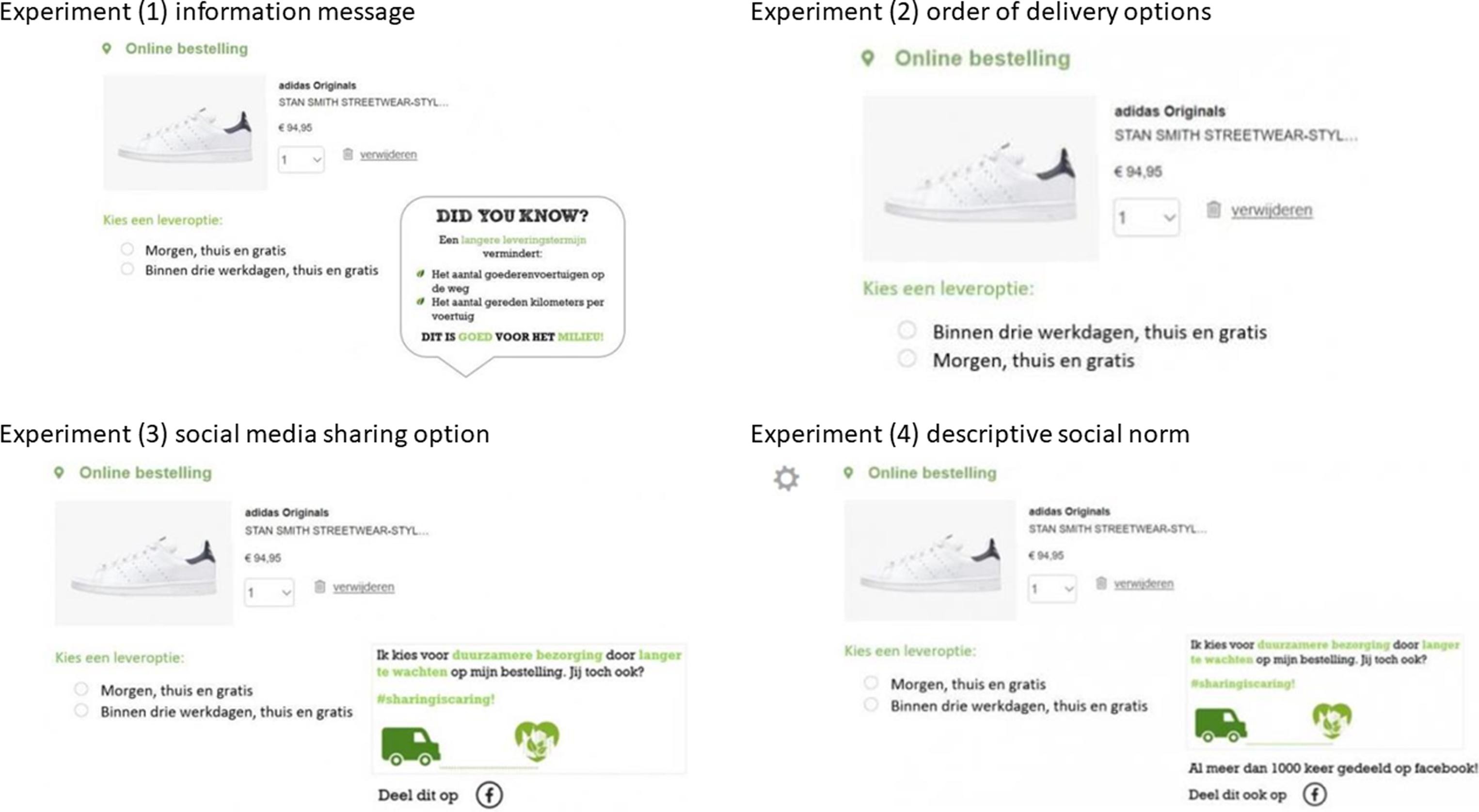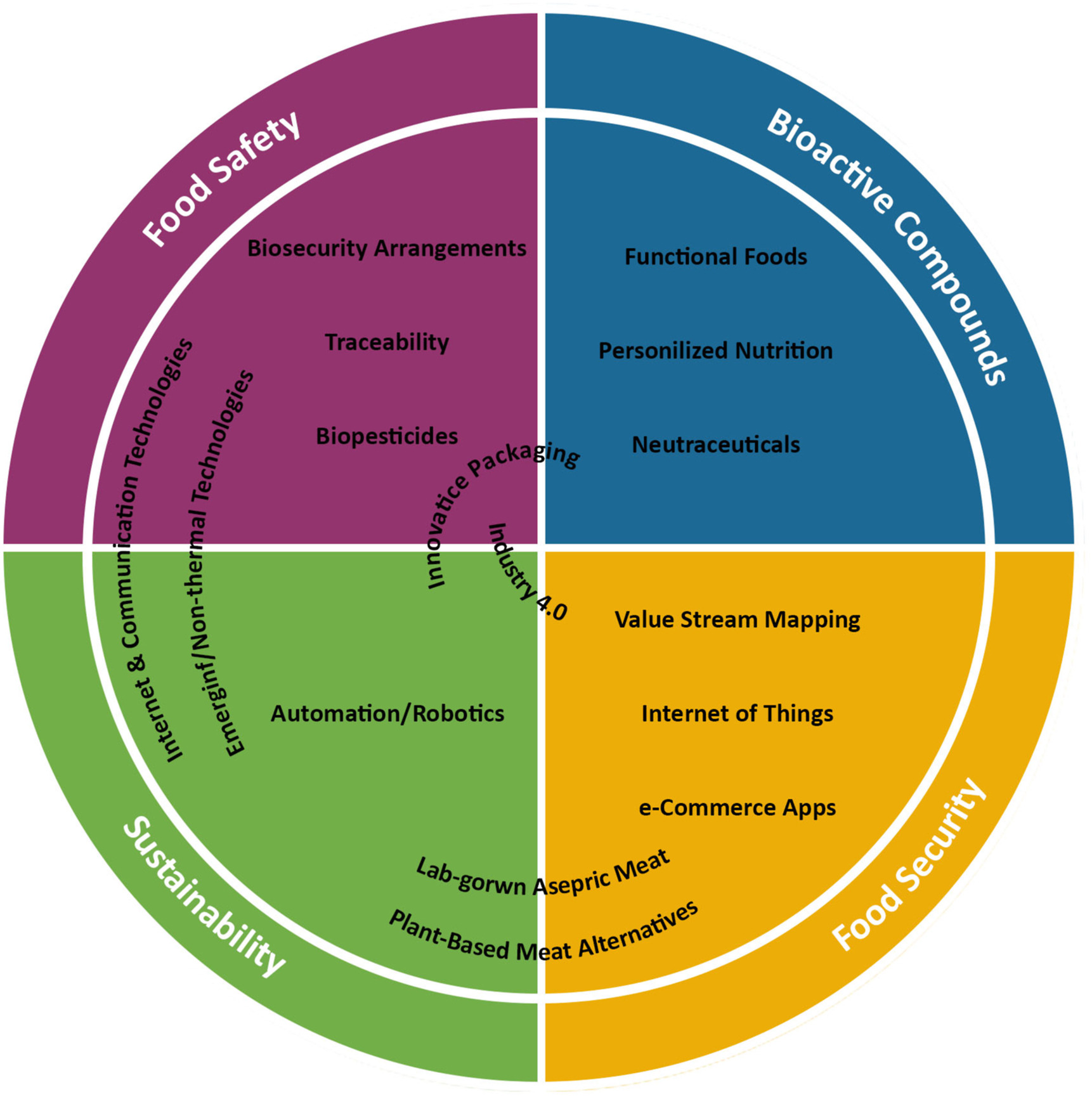Sustainable consumption and production (SCP) is at the core of the United Nations Sustainable Development Goals (SDGs), specifically addressed by SDG 12. This goal aims to "ensure sustainable consumption and production patterns," acting as a cross-cutting theme that feeds into other SDGs such as those related to climate change, poverty, health, and sustainable cities.
SCP involves using services and products in a way that minimizes environmental damage, preserves natural resources, and promotes social equity. The purpose is to decouple economic growth from environmental degradation, which means pursuing economic development in a way that can be sustained by the planet over the long term. SCP requires changes at all levels of society, from individuals to businesses to governments.
At the individual level, SCP implies making lifestyle choices that reduce environmental impact. This might include reducing, reusing, and recycling waste, choosing products with less packaging, and opting for more sustainable forms of transport like cycling or public transport.
For businesses, SCP entails adopting sustainable business models and practices. This could include improving resource efficiency, investing in renewable energy, designing products that are durable and recyclable, and ensuring fair labor practices.
At the government level, SCP involves implementing policies that support sustainable business practices and incentivize sustainable consumer behavior. This might involve regulations to reduce pollution, subsidies for renewable energy, and campaigns to raise awareness about sustainable consumption.
SCP also plays a role in several other SDGs. For example, sustainable production practices can help mitigate climate change (SDG 13) by reducing greenhouse gas emissions. Additionally, by reducing the pressure on natural resources, SCP supports the goals related to life below water (SDG 14) and life on land (SDG 15).
While progress has been made in certain areas, challenges remain in achieving the shift towards SCP. These include existing patterns of overconsumption, limited awareness about the impacts of consumption, and the need for technological innovation to enable more sustainable production.
Background: Coffee is of the most traded commodities in the world and its market has grown regularly over the last 150 years. During production and processing of coffee beans many by-products are generated such as skin, pulp, mucilage, parchment, silverskin, and immature /defective coffee beans. Around 50% of coffee fruit is discard and can contaminate the environment. Scope and approach: The purpose of this review is to raise potential applications for coffee by-products in topical formulations. Besides, to present the main bioactive compounds responsible for their biological activity.
Food packaging can be considered as a passive barrier that protects food from environmental factors such as ultraviolet light, oxygen, water vapour, pressure and heat. It also prolongs the shelf-life of food by protecting from chemical and microbiological contaminants and enables foods to be transported and stored safely. Active packaging (AP) provides the opportunity for interaction between the external environment and food, resulting in extended shelf-life of food. Chemoactive packaging has an impact on the chemical composition of the food product.
Samuel M. Gorton, Chapter 41 - Integrated agroecological technology networks for food, bioenergy, and biomaterial production, Editor(s): Anju Dahiya, Bioenergy (Second Edition), Academic Press, 2020, Pages 767-788, ISBN 9780128154977, https://doi.org/10.1016/B978-0-12-815497-7.00041-5.



